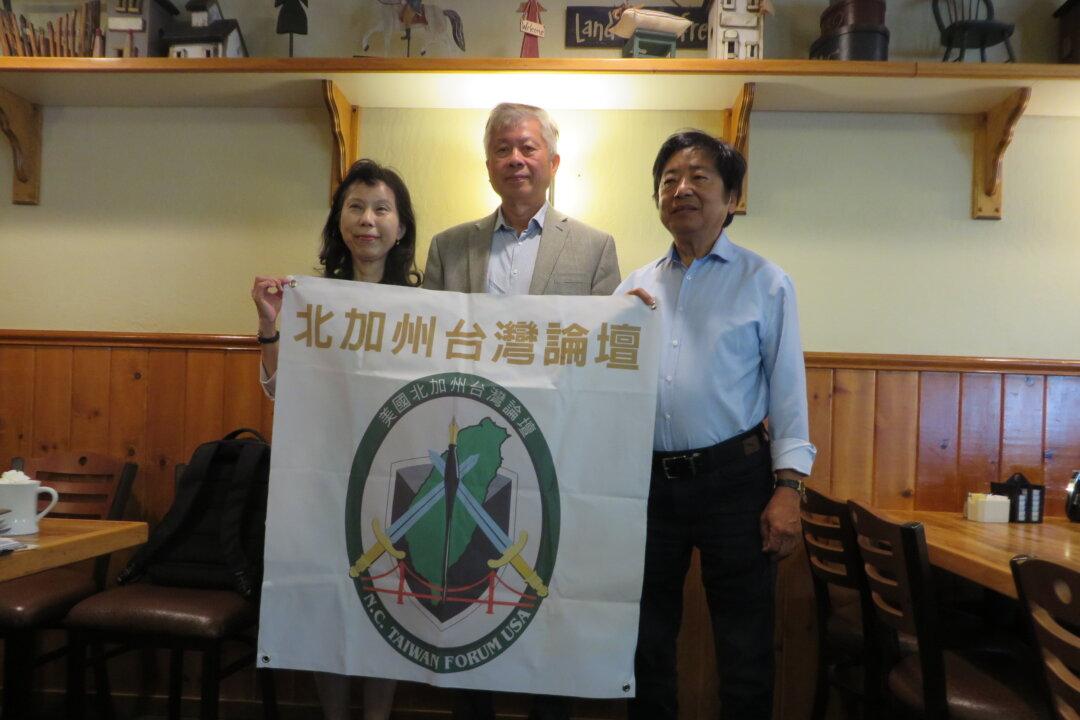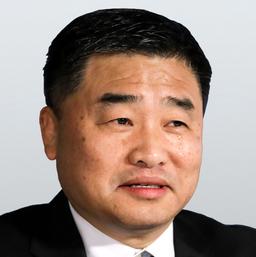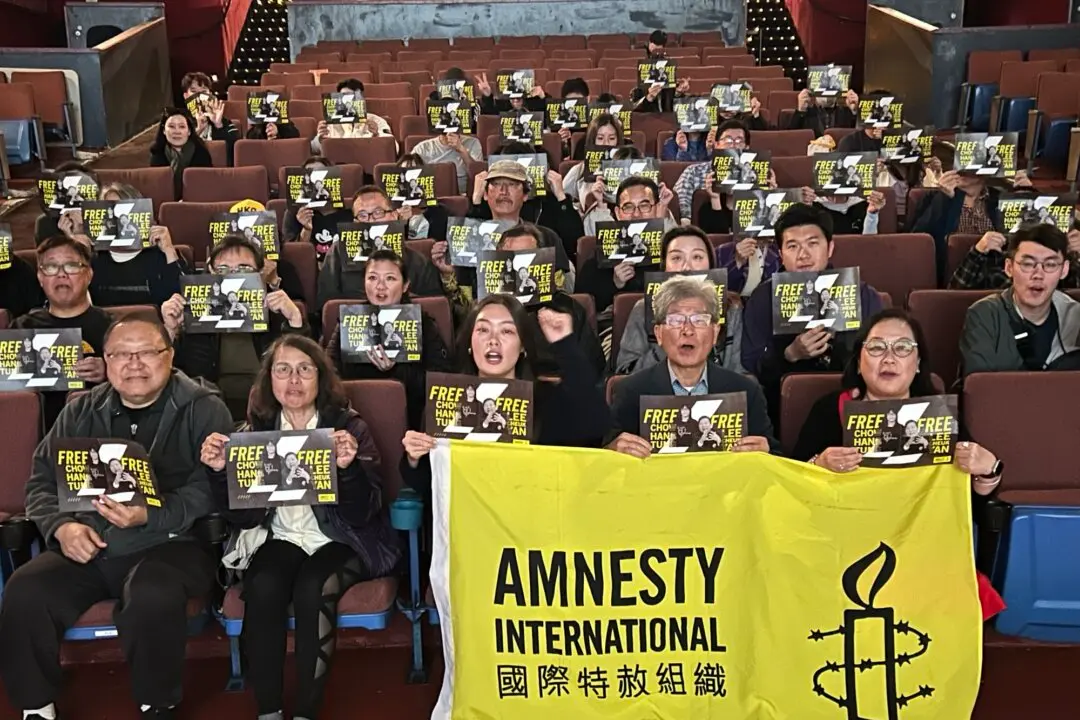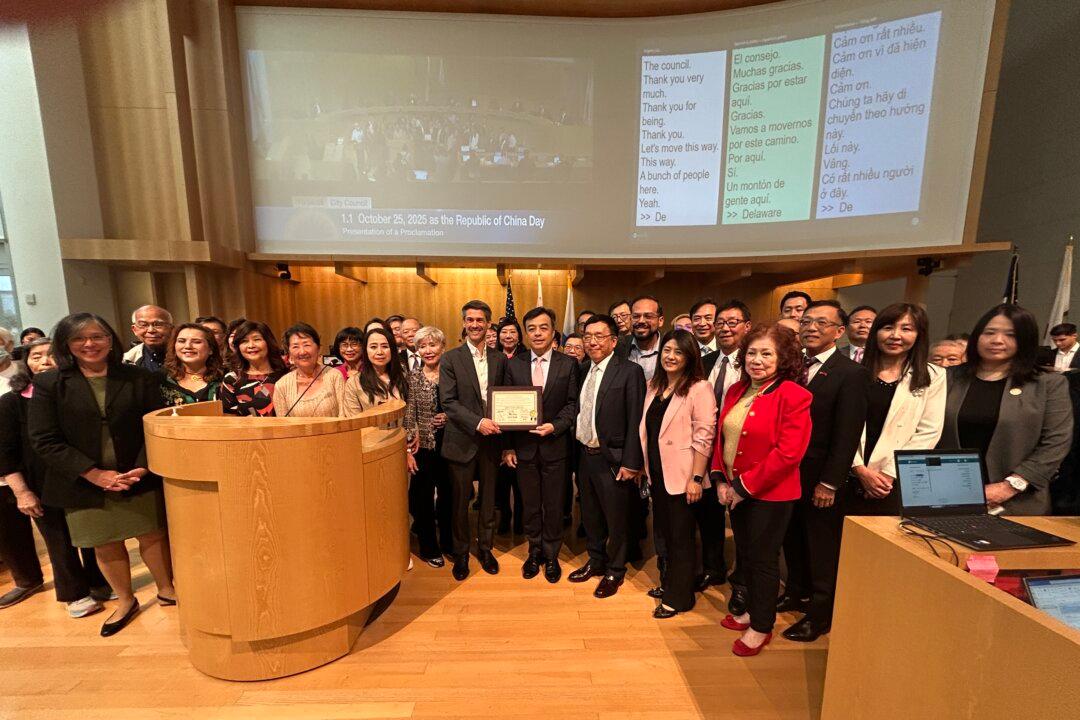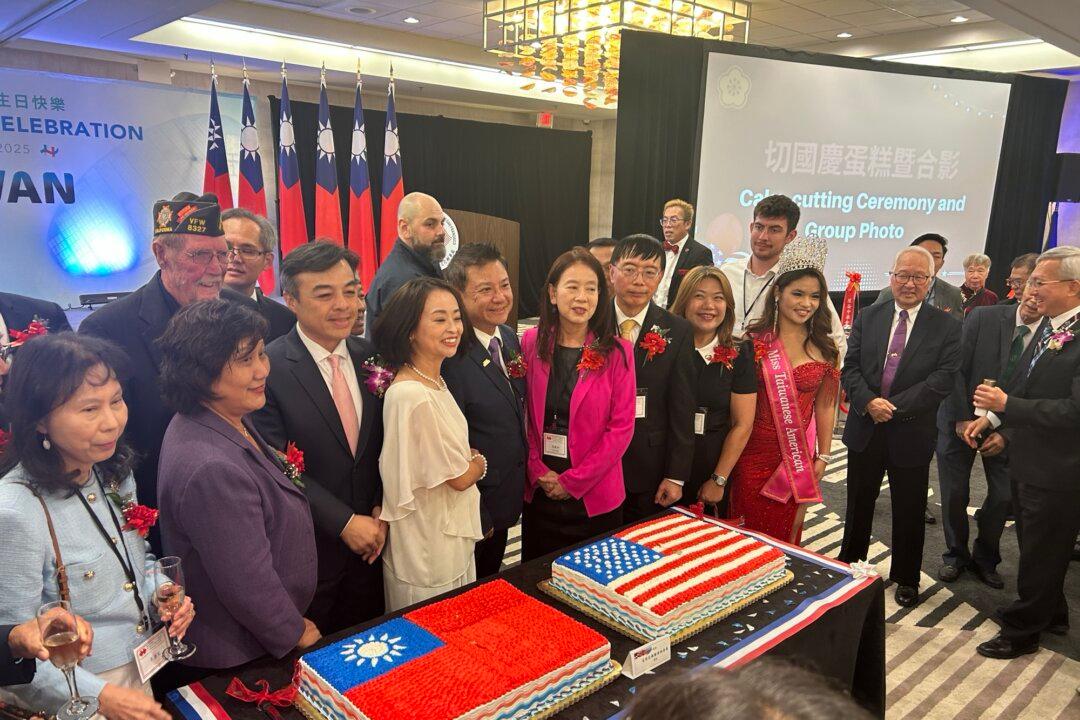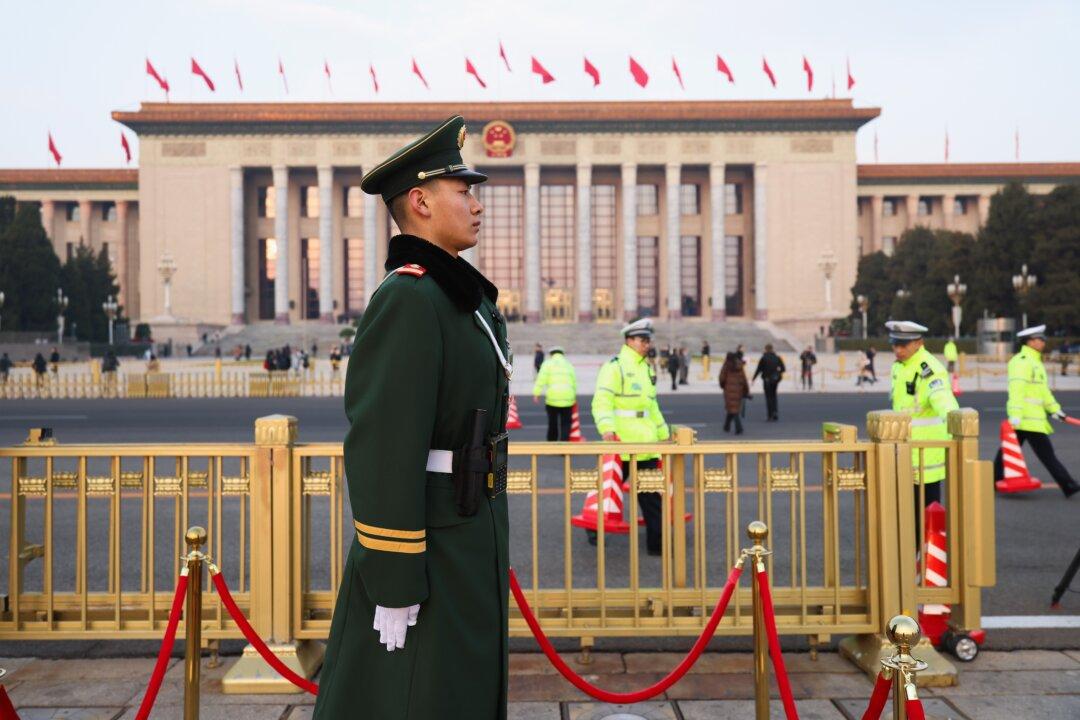CUPERTINO, Calif.—At a media meetup event on Oct. 10, leaders of Taiwanese American society in northern California criticized China for blocking Taiwan’s access to the International Criminal Police Organization (INTERPOL).
The 88th INTERPOL Assembly is to open in Santiago, Chile, on Oct. 15. Taiwan has not been a member of INTERPOL since 1984, when its participation in the organization was replaced by China’s.
